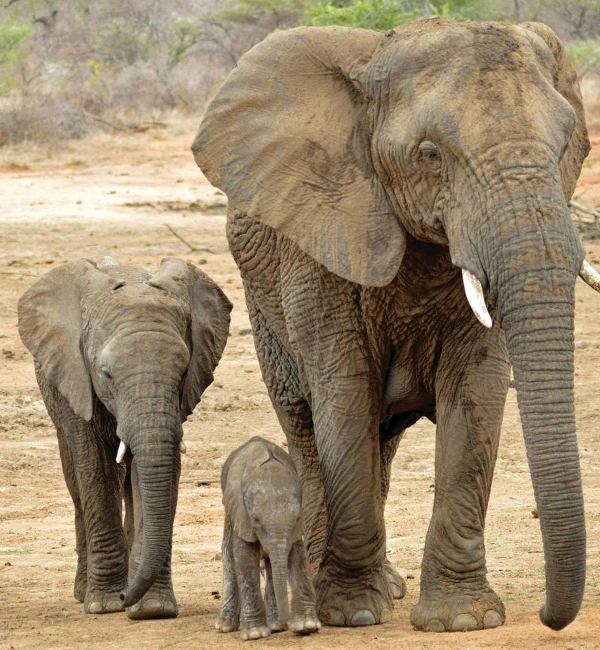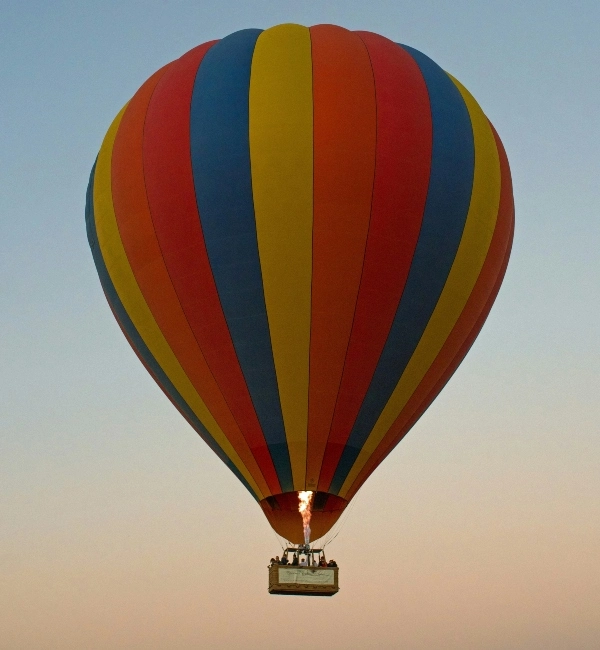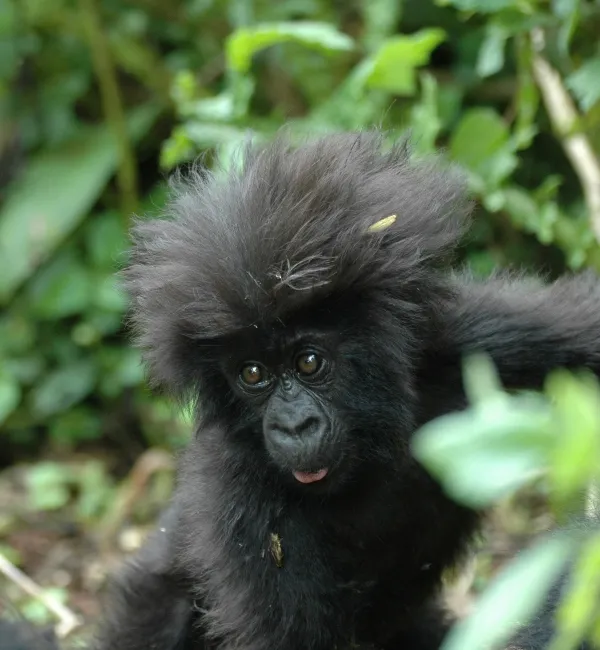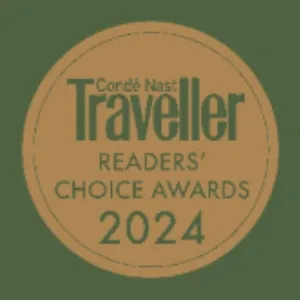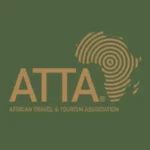DISCOVER AFRICA
From the depths of the Congo rainforest where African forest elephants roam, to the mountain gorillas in Uganda and the sprawling desert of northern Namibia, the landscapes, life and culture of this second largest continent is instantly captivating. Home to 25% of the world’s mammal species and at least one-sixth of its plant species, it offers wildlife viewing, diving experiences, cultural immersion and intrepid adventures found nowhere else on Earth.
What's your dream spot to visit in Africa?
PRIVATE JOURNEYS
A journey with purpose is an opportunity to discover, engage and realise the opportunities for preserving the natural world - while leaving a positive impact on the people and places, in equal measure.
HOSTED JOURNEYS
Seven Worlds One Planet is a global series of journeys with the most exciting and ambitious conservation projects, hosted by the pioneers behind the project.
